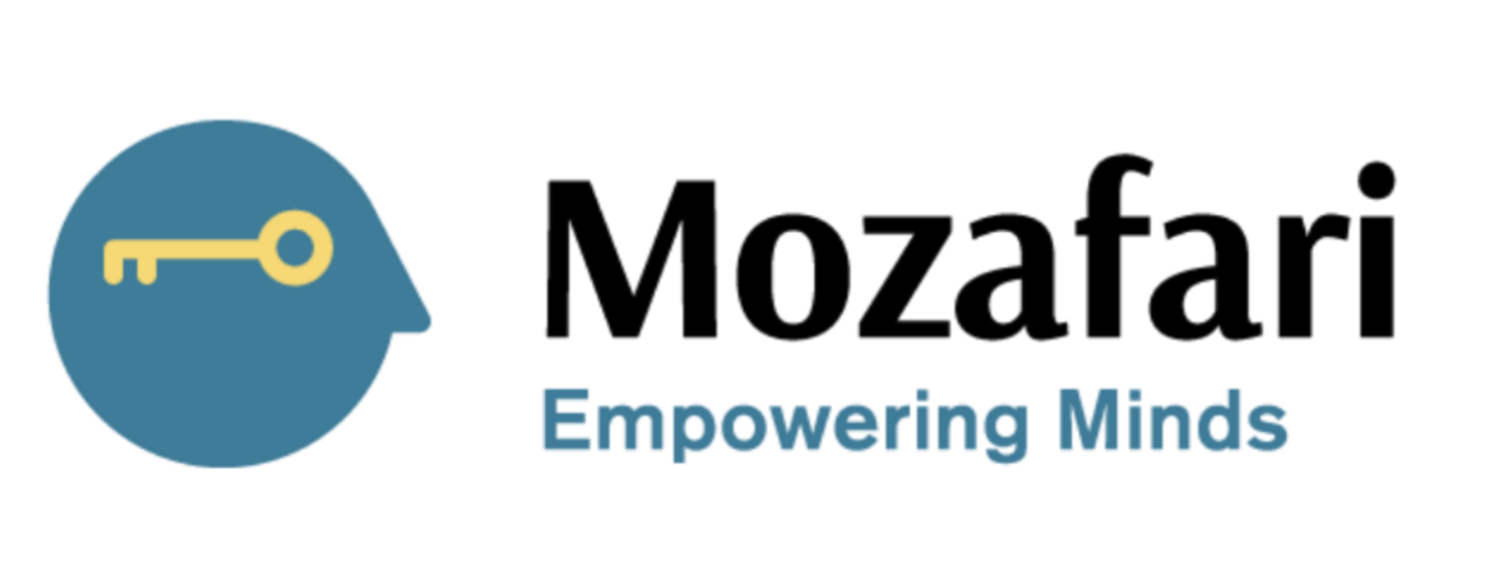SPECIALIZATIONS
DEPRESSION
Living with depression is a stressful and painful experience. This pain generally stems from an imbalance between the client’s perceived life demands and self-perceived abilities to meet the pressing requirements of one’s life (e.g. job, intimate relationship(s), dealing with loss, and so on). These imbalances create life stressors in several interrelated areas in one’s life: life transitions, traumatic events, environmental pressures, and dysfunctional interpersonal processes.
TRANSGENERATIONAL TRAUMA
Transgenerational trauma transmission is a relatively recent focus in the field of traumatic stress. This form of trauma suggests what happens in one generation will affect the next. Transgenerational trauma transmission is a form of contagion, which means observable patterns within the family can be seen through repetition. This phenomenon first became apparent in a number of children descended from survivors of the Shoah in Canada, the United States and Israel. Additional research from the human migration literature showed that this phenomenon exists in many others (for example, Aboriginal peoples in Canada, the persecution of the Baha’is in Iran, apartheid in South Africa, and so forth). Children of these traumatized populations seem to have consciously or unconsciously absorbed their parents’ experiences and integrated them into their psyche. Mozafari, as a survivor of this trauma, specializes in exploring this phenomenon with those who struggle with it.
ADDICTION
Addiction is a strong psychological or physiological dependence on a substance or a particular behavior. Individuals who struggle with addictions either rely on the substance or continue to perform behavior even when it inflicts harm unto them or people close to them (i.e. family, close friends, co-workers, and spouses). Those who struggle with such issues may be addicted to both legal and illegal drugs, including alcohol and tobacco, or to behaviors such as gambling. Environmental factors can also act as a contributor to addiction. The recovery process can be a tedious, long and challenging process and relapses are not uncommon.
In addition to treating clients who suffer from substance dependency, Mozafari also treats those who are affected by loved ones who battle addiction.
STRESS AND ANXIETY MANAGEMENT
There is a wide range of stress and anxiety disorders. Mozafari understands that stress is a major concept that plays a fundamental role in understanding many forms of human adaptation. Stress represents any situation in which environmental demands, internal demands, or both tax or exceed the adaptive resources of the client. Stress responses vary according to the following conditions: 1) physiological reactions, such as ulcers and high blood pressure, 2) psychological reactions, such as avoidance of stressful event in the future, and 3) serious mental conditions, such as anxiety disorders, learned helplessness and dissociative disorders.
ANTI-DISCRIMINATORY (ADP) AND ANTI-OPPRESSIVE PRACTICE (AOP)
Mozafari works with a variety of clients. Therefore, she often refers to ADP and AOP to treat clients. More specifically, ADP seeks to reduce and undermine sexism, racism, ageism, able-bodyism, classism, heterosexism (i.e. homophobia), Anti-Semitism and other forms of discrimination or oppression that one encounters in their day-to-day lives. ADP is known as a form of emancipatory practice. AOP addresses wider structural issues and inequalities such as: the way the worlds of work and schooling seem to favor the division between male and female roles or the way poverty diminishes life opportunities and (mental) health. Mozafari implements this practice to provide a safe, open and prejudice free environment for all her clients.
CROSS-CULTURAL PRACTICE
Toronto, with its increasing diversity, sets many challenges for mental health practitioners. Cross-cultural communication requires an understanding of both worldviews as well as paying special attention to misunderstandings and miscommunications. Mozafari is sensitive to the client’s culture and the impact that difference can have on an individual. Therefore, she is constantly examining her own values, cultural background and life experience, and assesses the impact of these factors on the client’s worldview. Her high level of self-awareness allows her to consider the experiences of her clients from other cultures and aims to understand how this will impact her work with the client. Mozafari’s background in researching and reexamining different therapeutic models, takes into consideration the history, values and beliefs of any given ethnic group undergoing treatment. When working with older clients, Mozafari regards respect as a critical component of a therapeutic relationship and will accommodate to his or her pace if necessary, including individual sensory or cognitive limitations.
